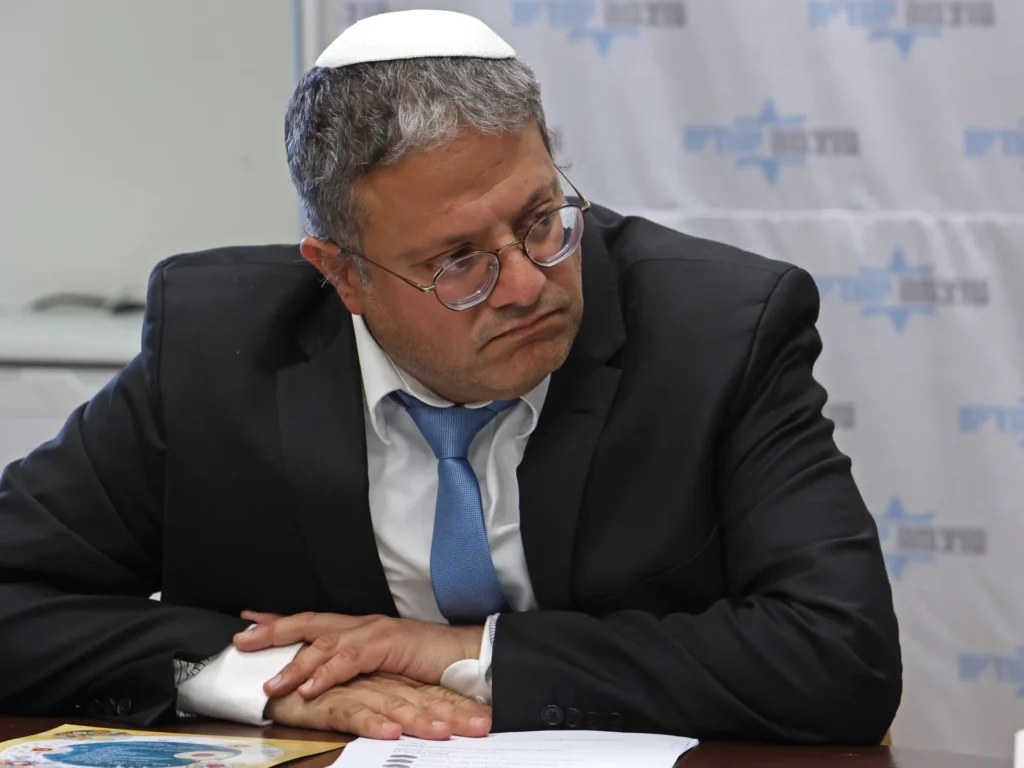Israel’s National Security Minister has issued a scathing rebuke of ongoing ceasefire negotiations, urging the country’s leadership to halt all talks with Hamas and instead pursue a more aggressive strategy in Gaza. He called on the prime minister to “come to his senses” and end what he referred to as “negotiations with terrorists,” pushing for a decisive shift in Israel’s military approach.
The minister stated that it is not too late to reverse the current course and fulfill what he described as the true objectives of the war. According to him, the goals should include the complete occupation of Gaza, the voluntary migration of its residents, and the establishment of permanent Israeli settlements within the territory. These demands reflect an uncompromising stance, rejecting any form of compromise or de-escalation through diplomacy.
In his statement, the minister expressed strong disapproval of reports that Israeli forces might withdraw from the Morag Corridor, a strategic 12-kilometer strip of land that separates the southern Gaza cities of Rafah and Khan Younis. The corridor has played a significant role in the military campaign, serving as a key logistical and operational route for Israeli forces operating in the region.
Describing the Morag Corridor as a “strategic axis” that was taken at the cost of Israeli lives, he warned that withdrawing from it would dishonor the sacrifices made by soldiers during the war. He framed any pullback as an act of betrayal, stating it would be akin to “spitting in the faces” of the soldiers who fought and died to secure it.
The hardline remarks come amid increasing domestic and international scrutiny of Israel’s military strategy in Gaza. While some factions within the government advocate for continued negotiations to secure the release of hostages and bring an end to the conflict, others, like the national security minister, argue that such efforts are futile and even dangerous. They see diplomacy as a sign of weakness that could embolden adversaries.
The statement underscores growing tensions within the Israeli leadership as the war drags on with no definitive resolution. The security minister’s comments suggest a deeper ideological divide, with some leaders pushing for a long-term reconfiguration of Gaza’s political and demographic landscape, including resettlement by Israelis, rather than a return to the pre-war status quo.
This internal conflict over strategy reveals a larger debate about Israel’s long-term objectives and how best to secure its interests. As pressure mounts both domestically and abroad, the government faces difficult choices between military escalation and political negotiation.
For now, the minister’s message is clear: no compromises, no retreats, and no ceasefires. He insists that only through a full military victory — involving control over territory and the displacement of Gaza’s current population — can lasting security be achieved. His remarks are likely to fuel further controversy and debate within Israel and beyond, as the war continues to reshape the region’s geopolitical dynamics.

